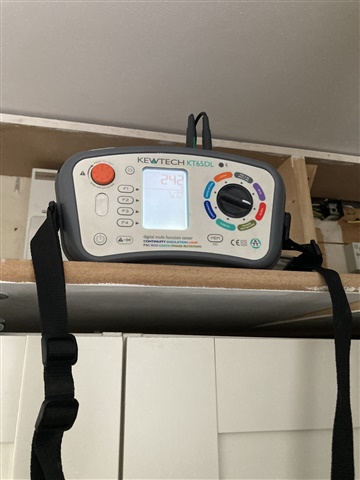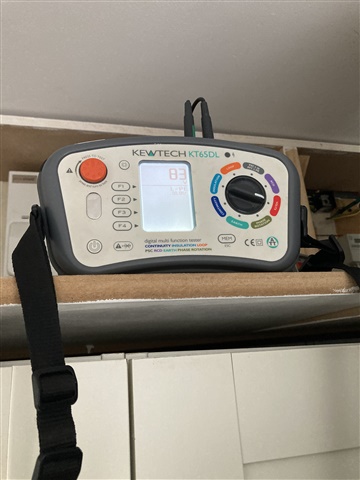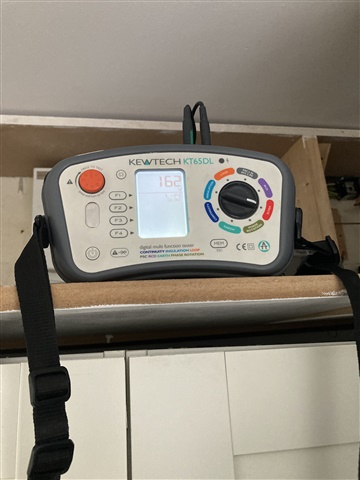


Recorded today on TT earth in one dwelling in a cluster of rural dwellings fed from a 1p tx.
242v p to n, 83v n to e and 162v p to e.
Now preliminary investigation by DNO say they are satisfied that it is not a fault on their network and off they went. This is my third experience of this type of fault and the third time the DNO washes its hands of responsibility. Not my bag, I just assisted a local contractor understand the abnormal voltages but I have told him to call the DNO again and advise that he will inform HSE if they continue to bury their head. Not sure if it is something HSE would respond to, but if not them, who?